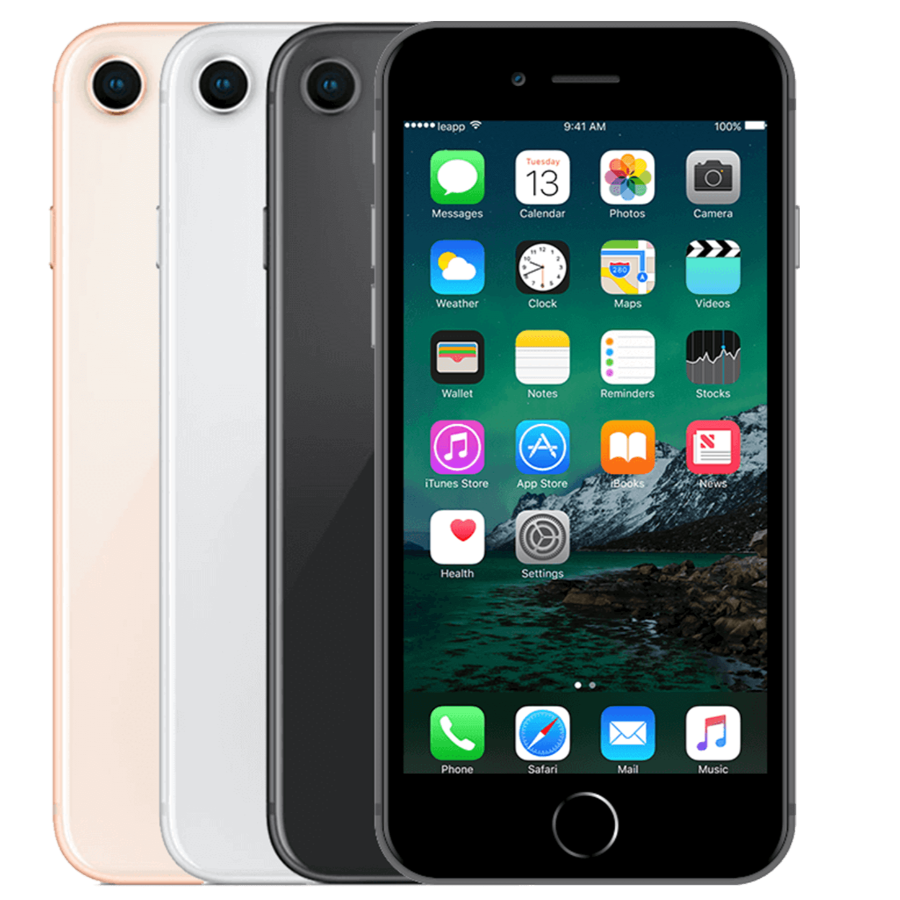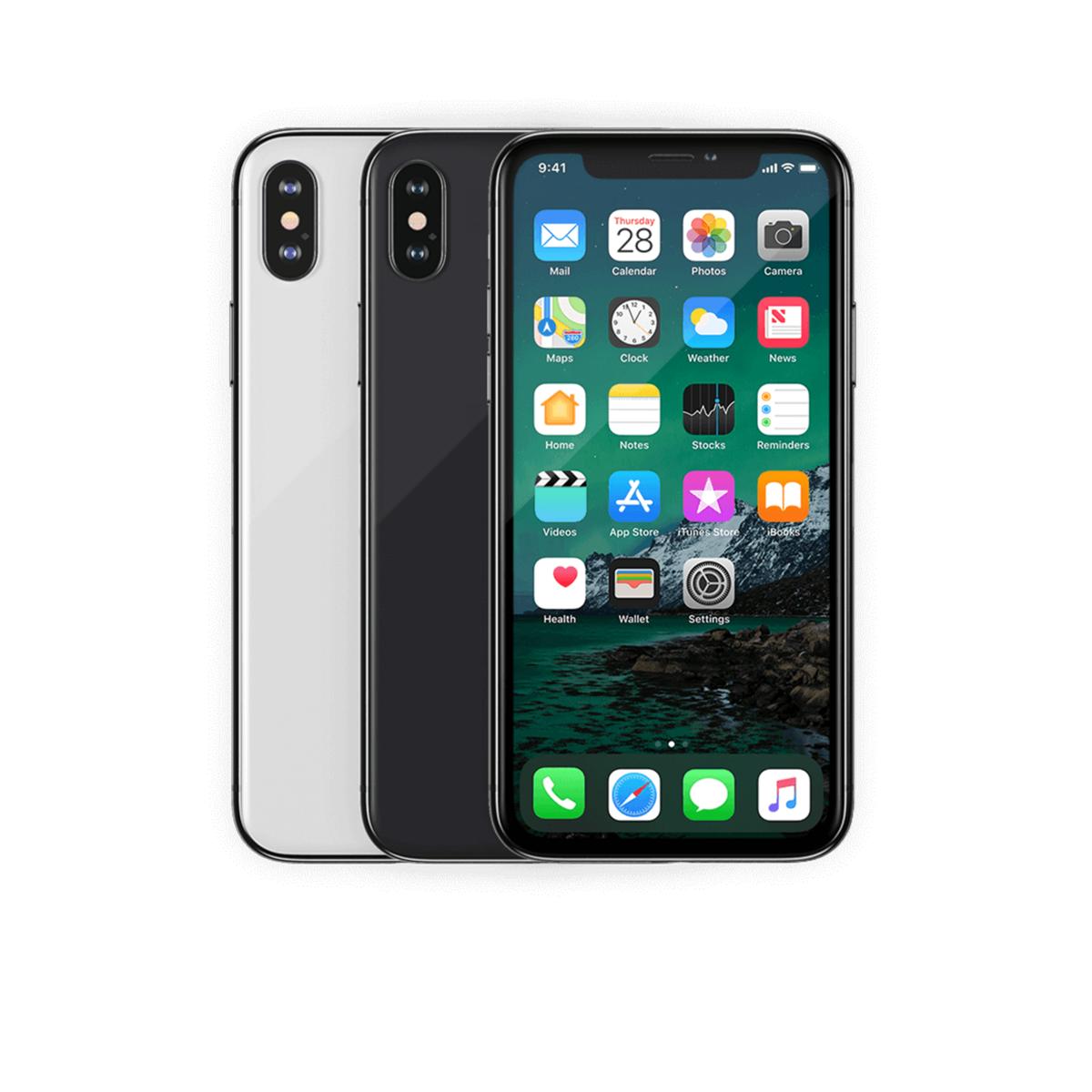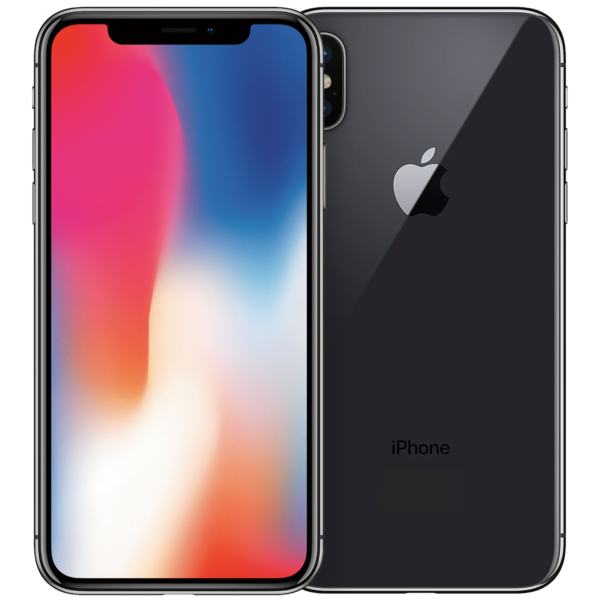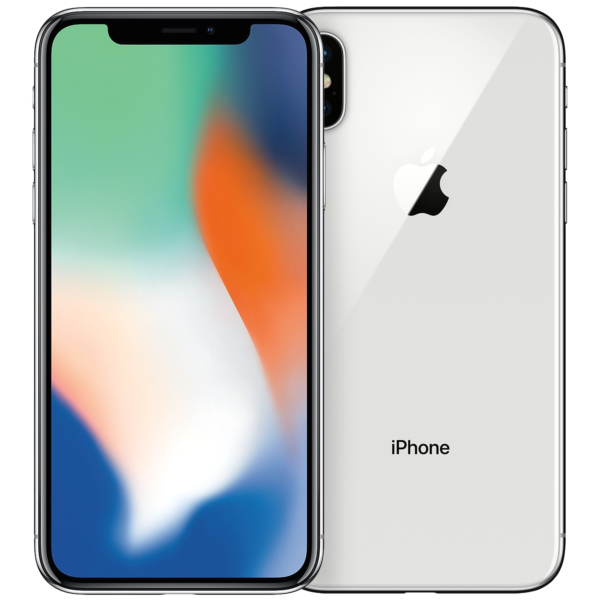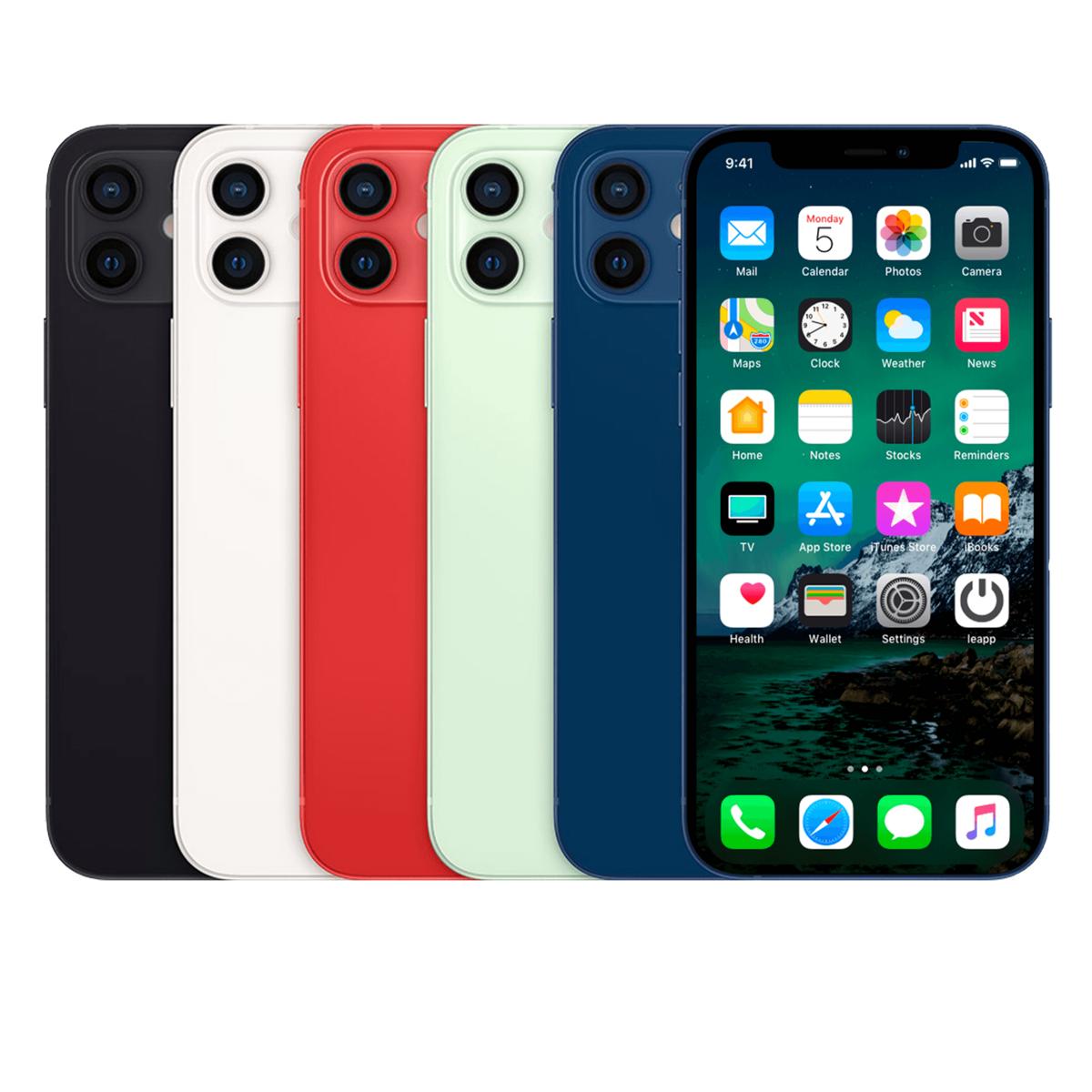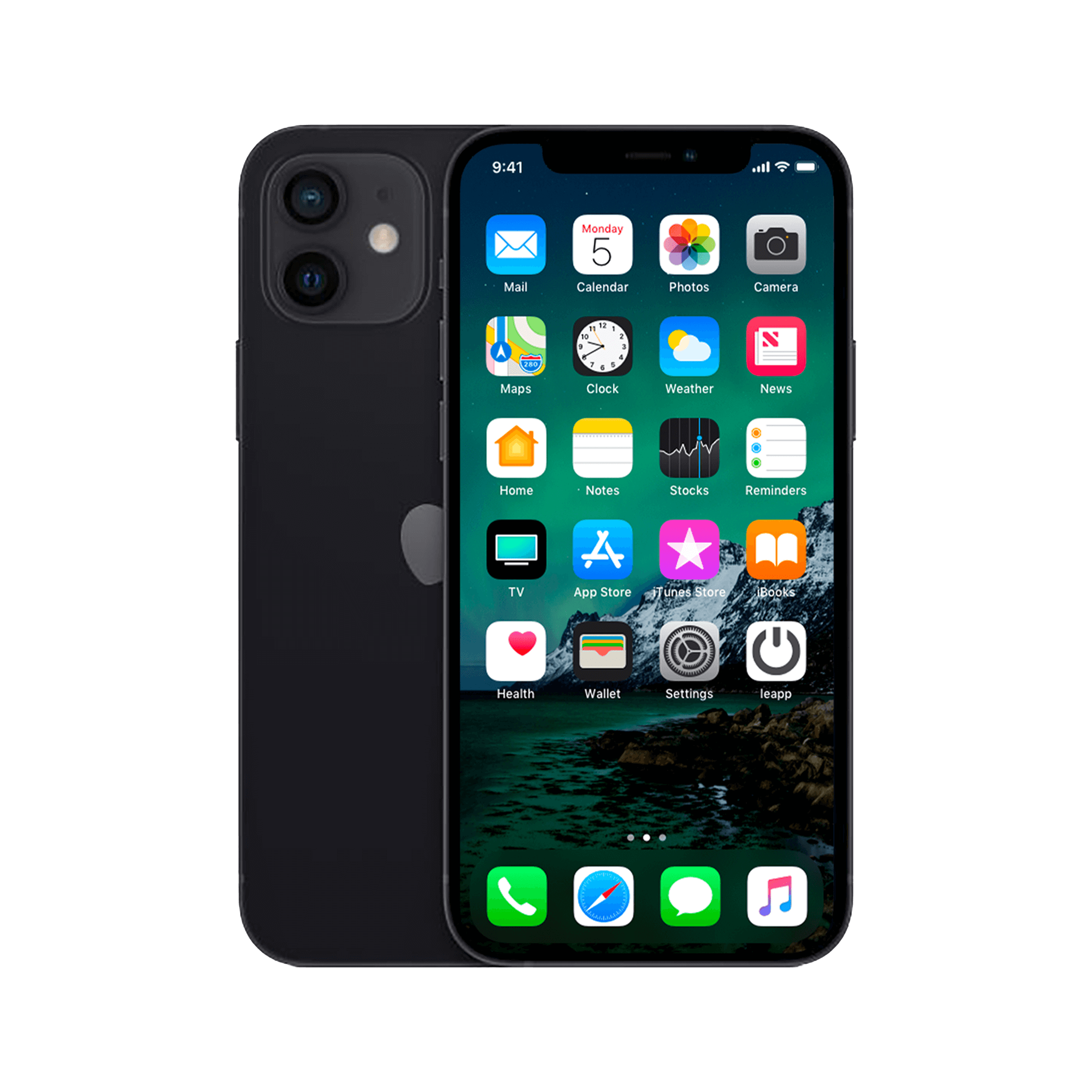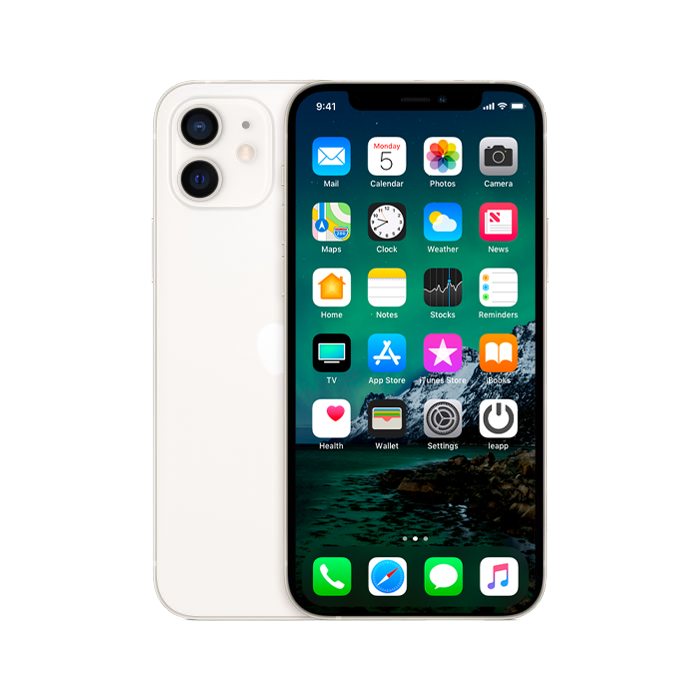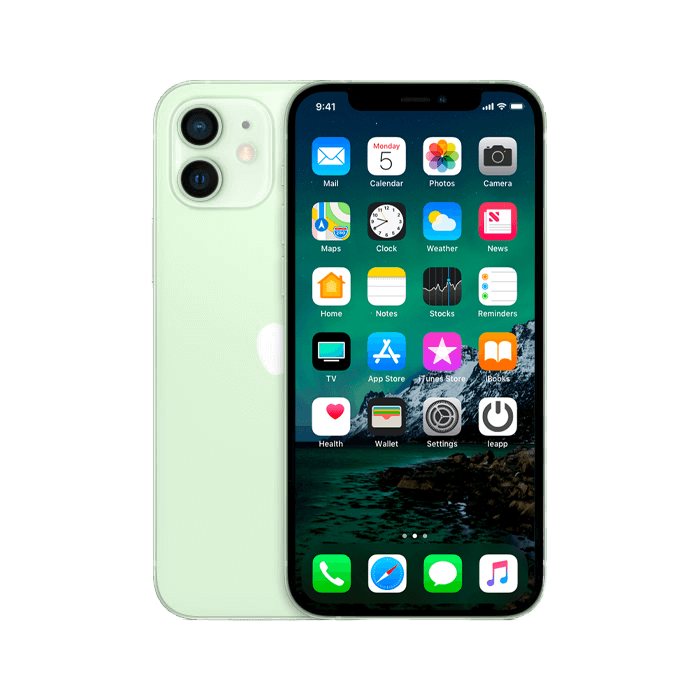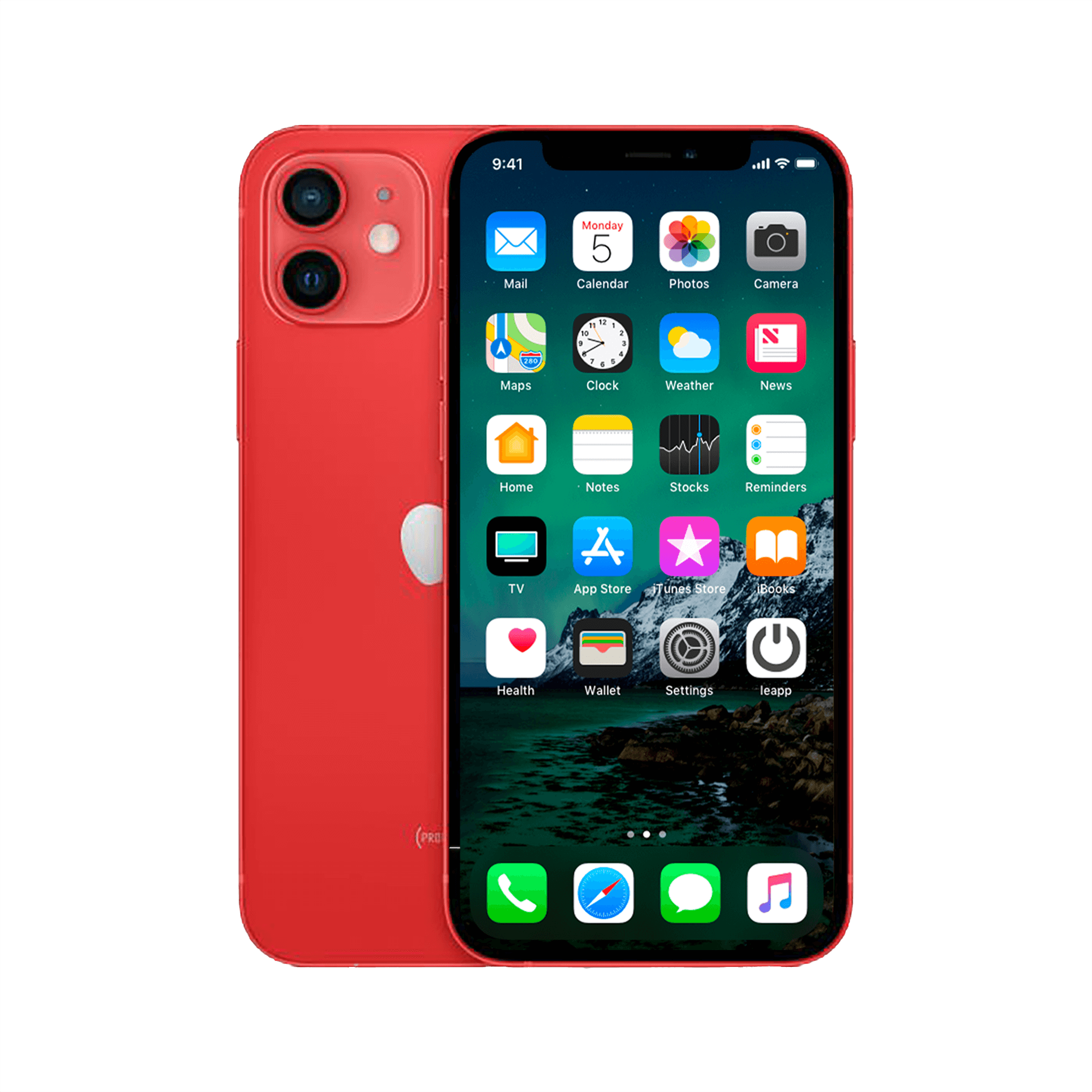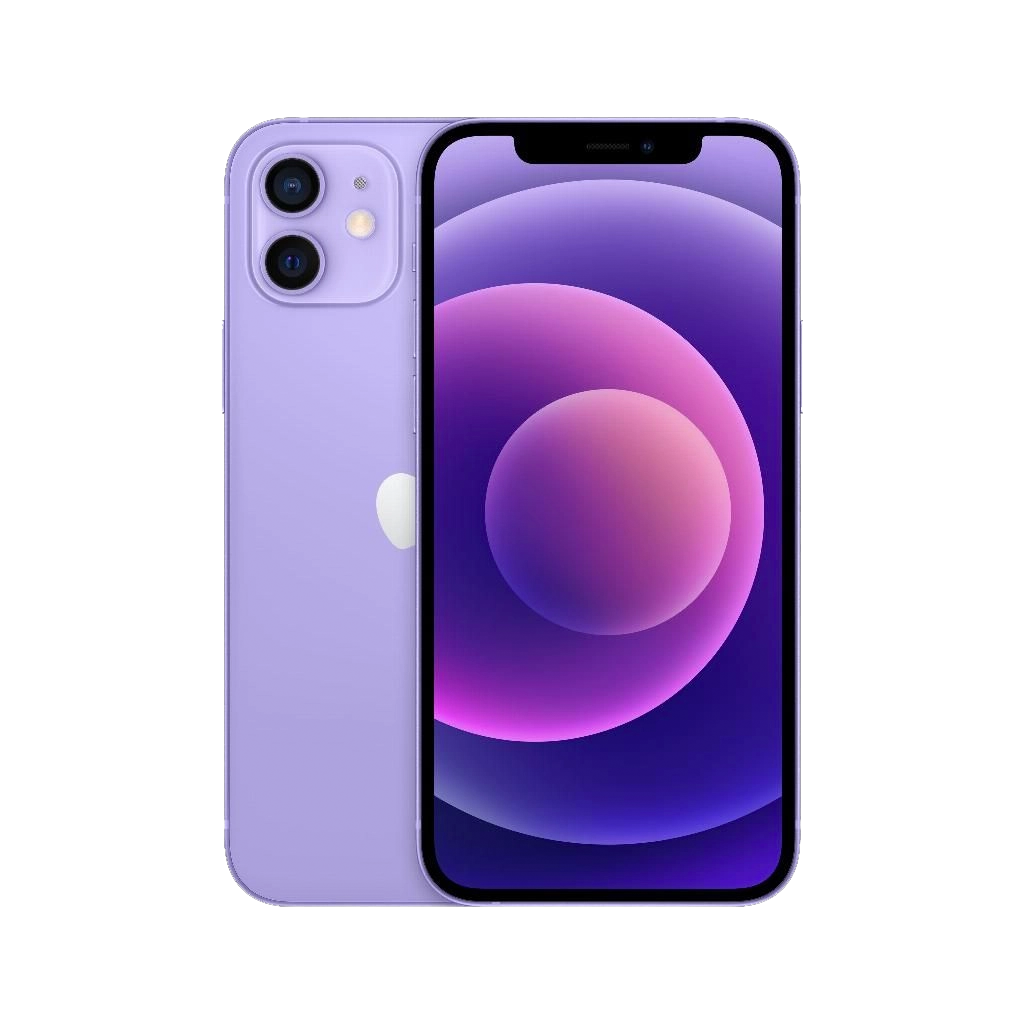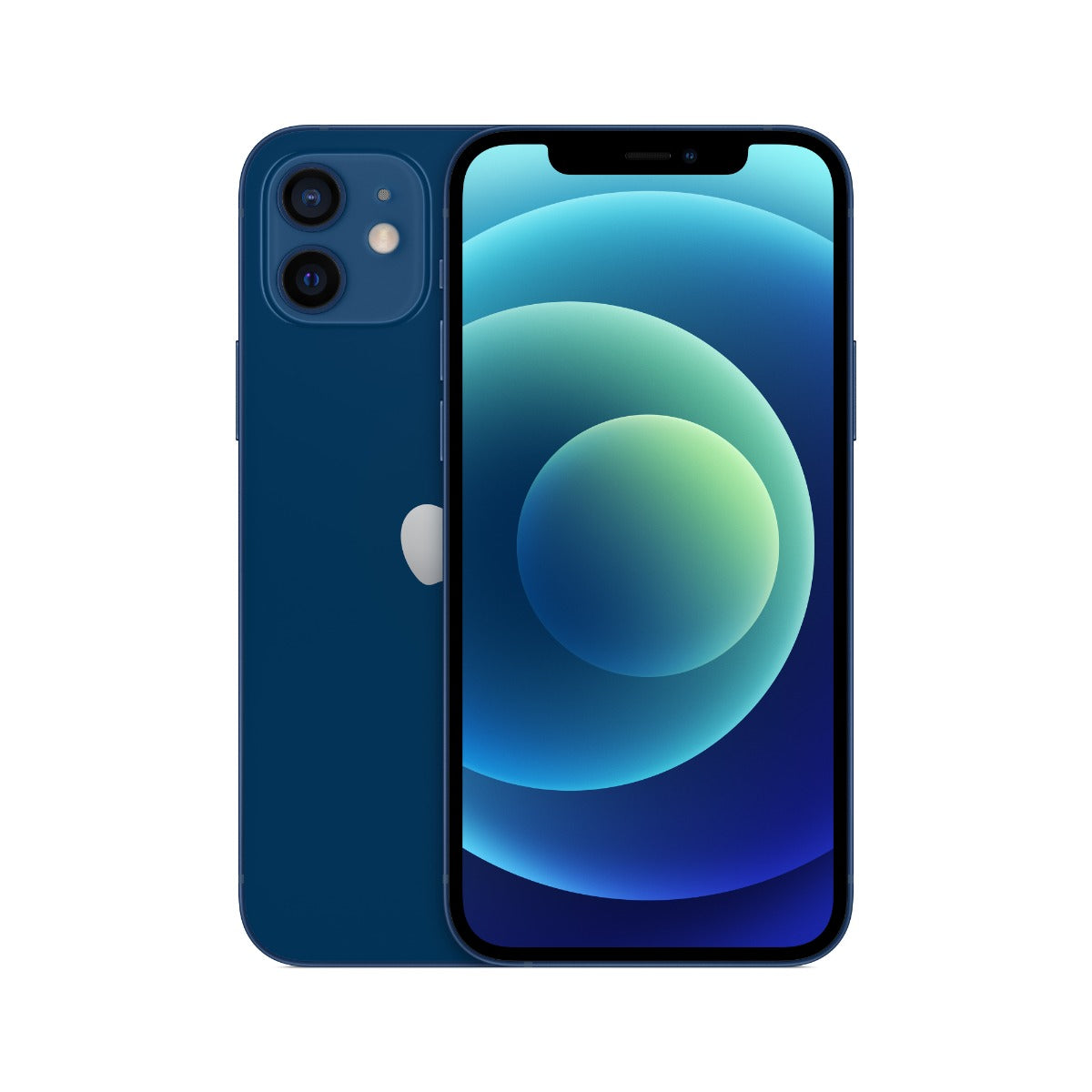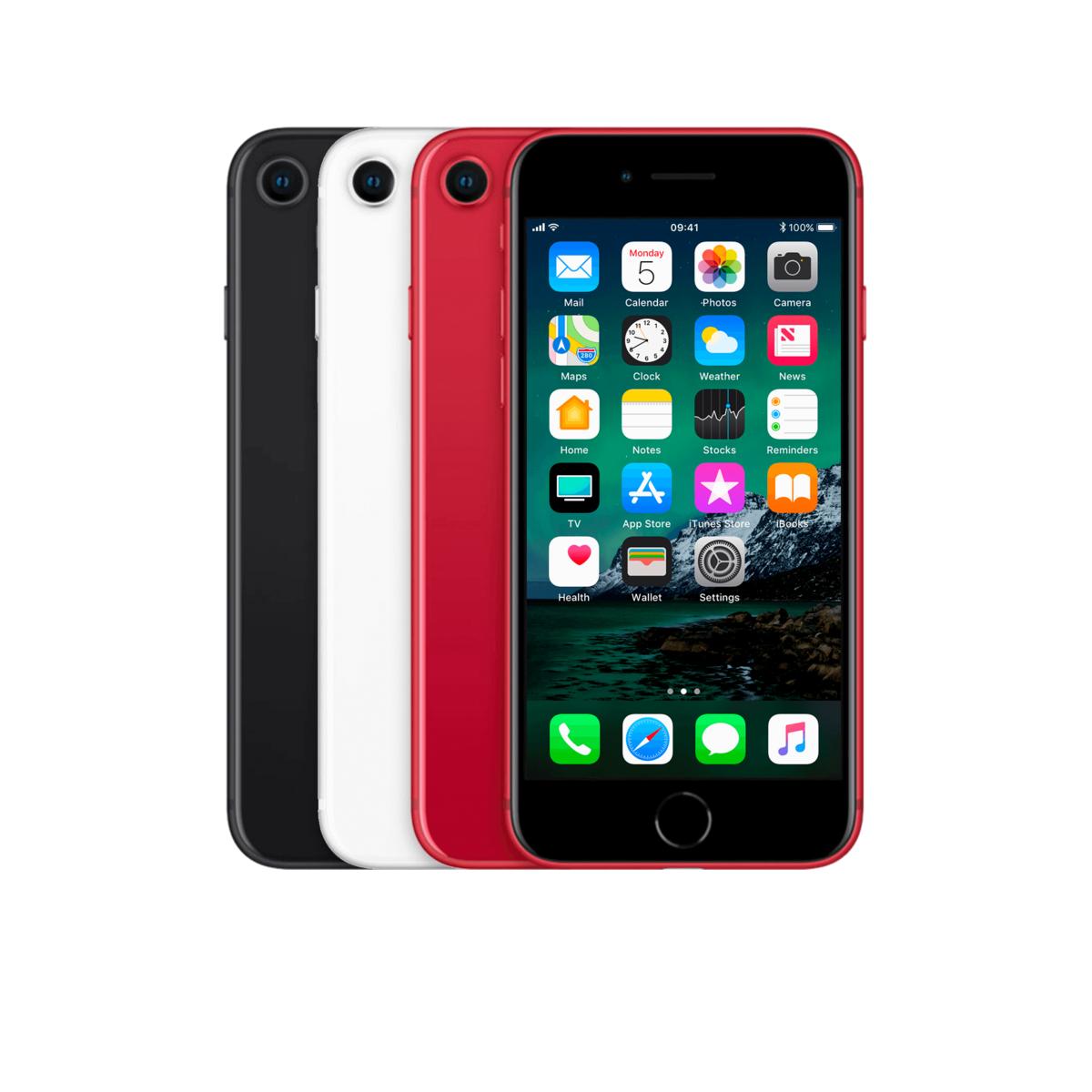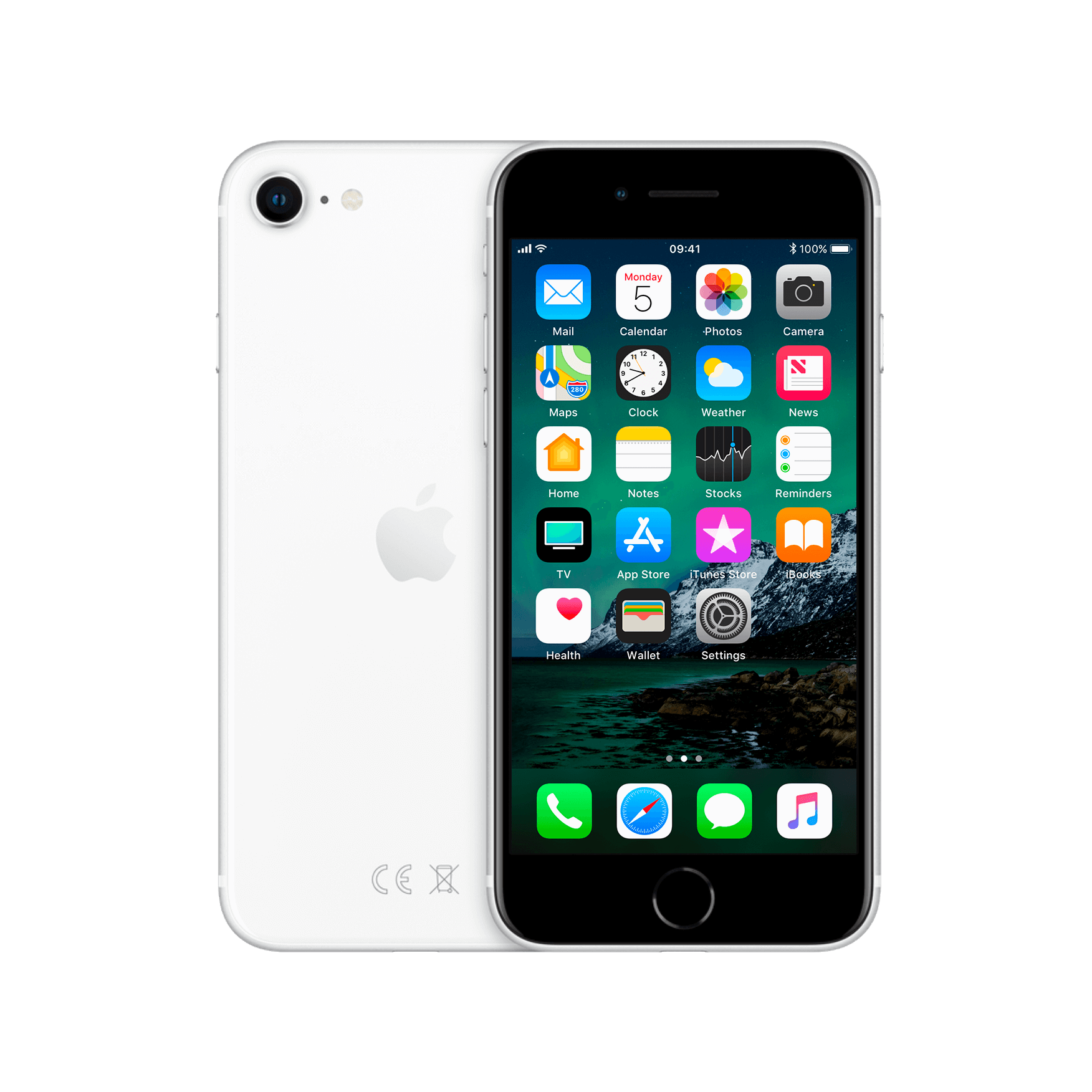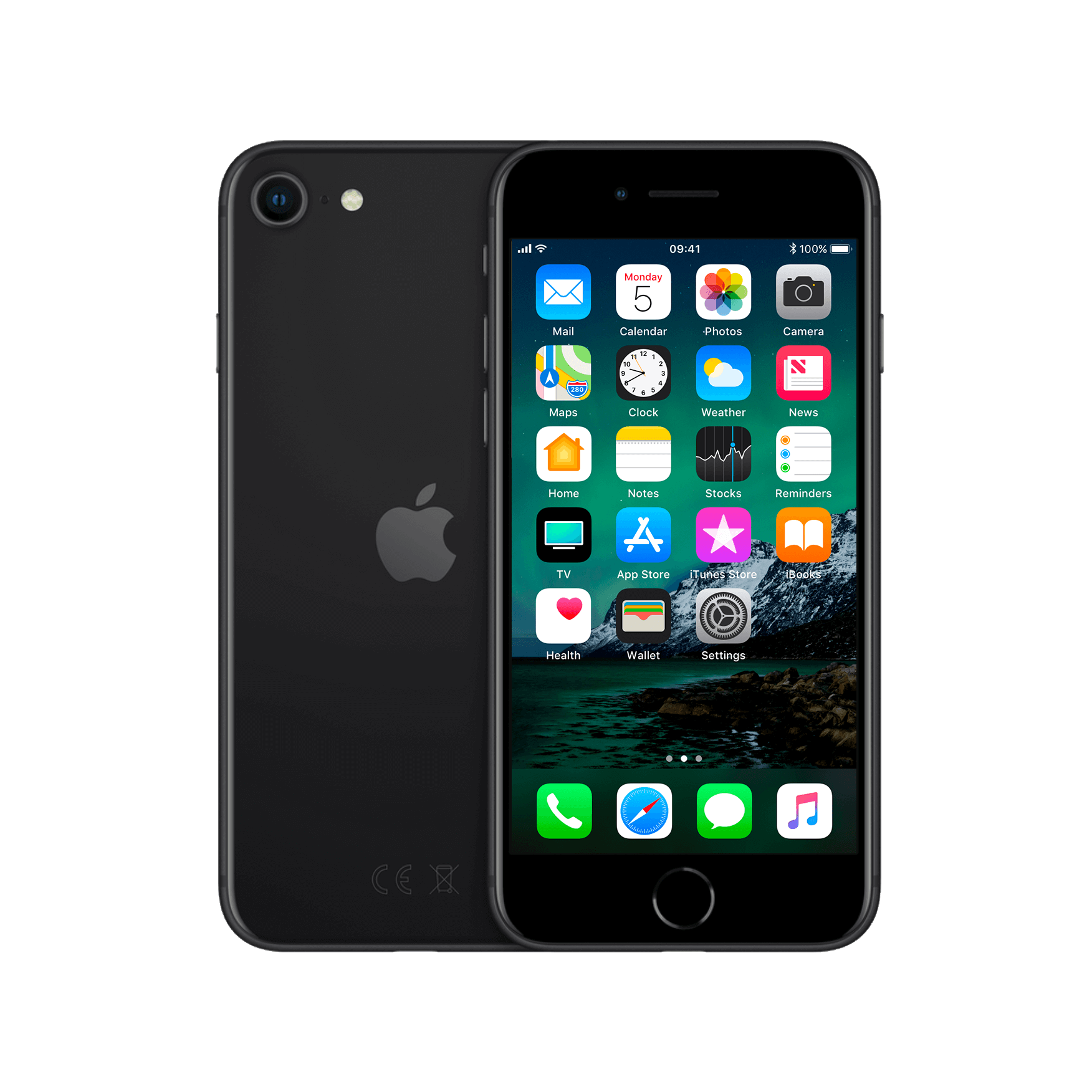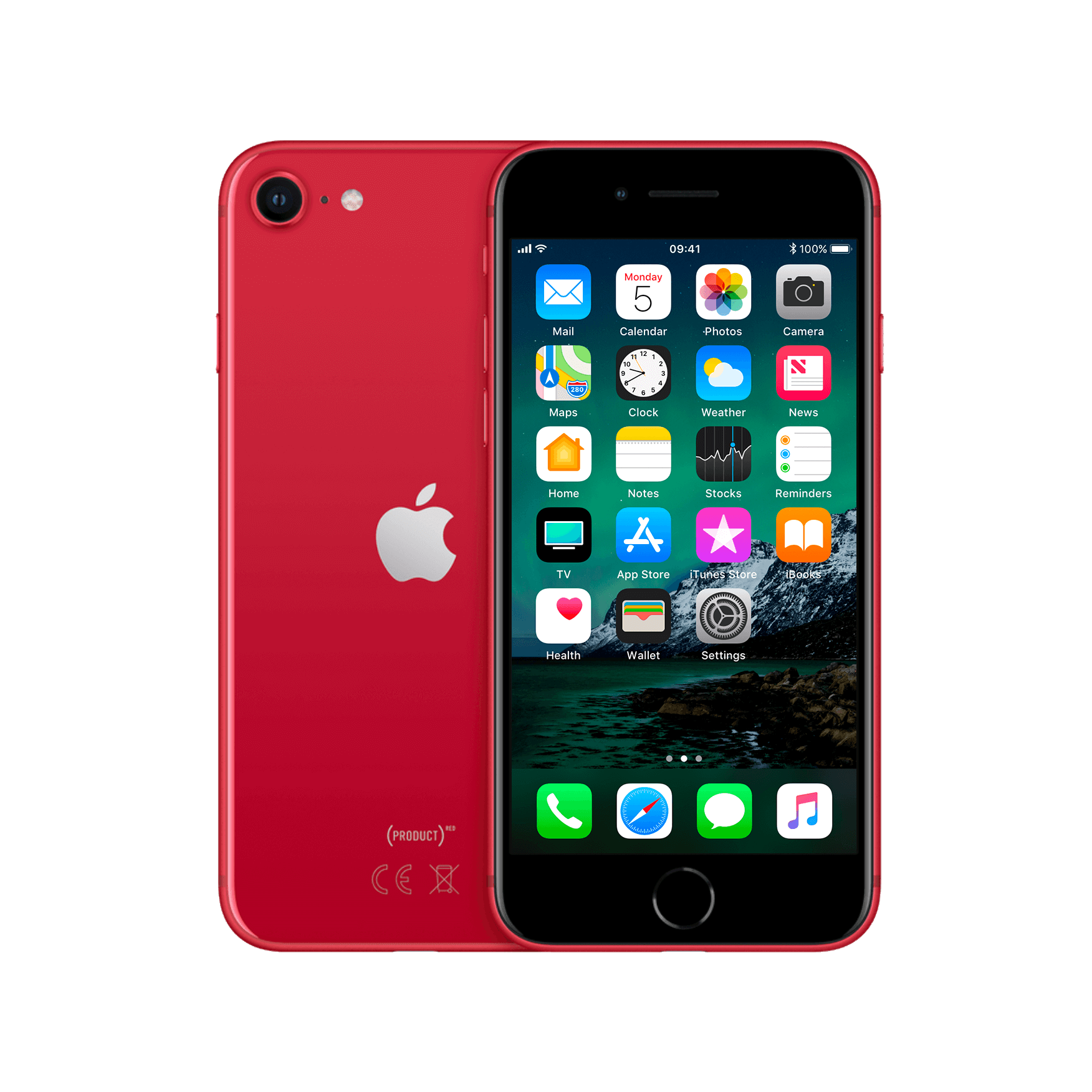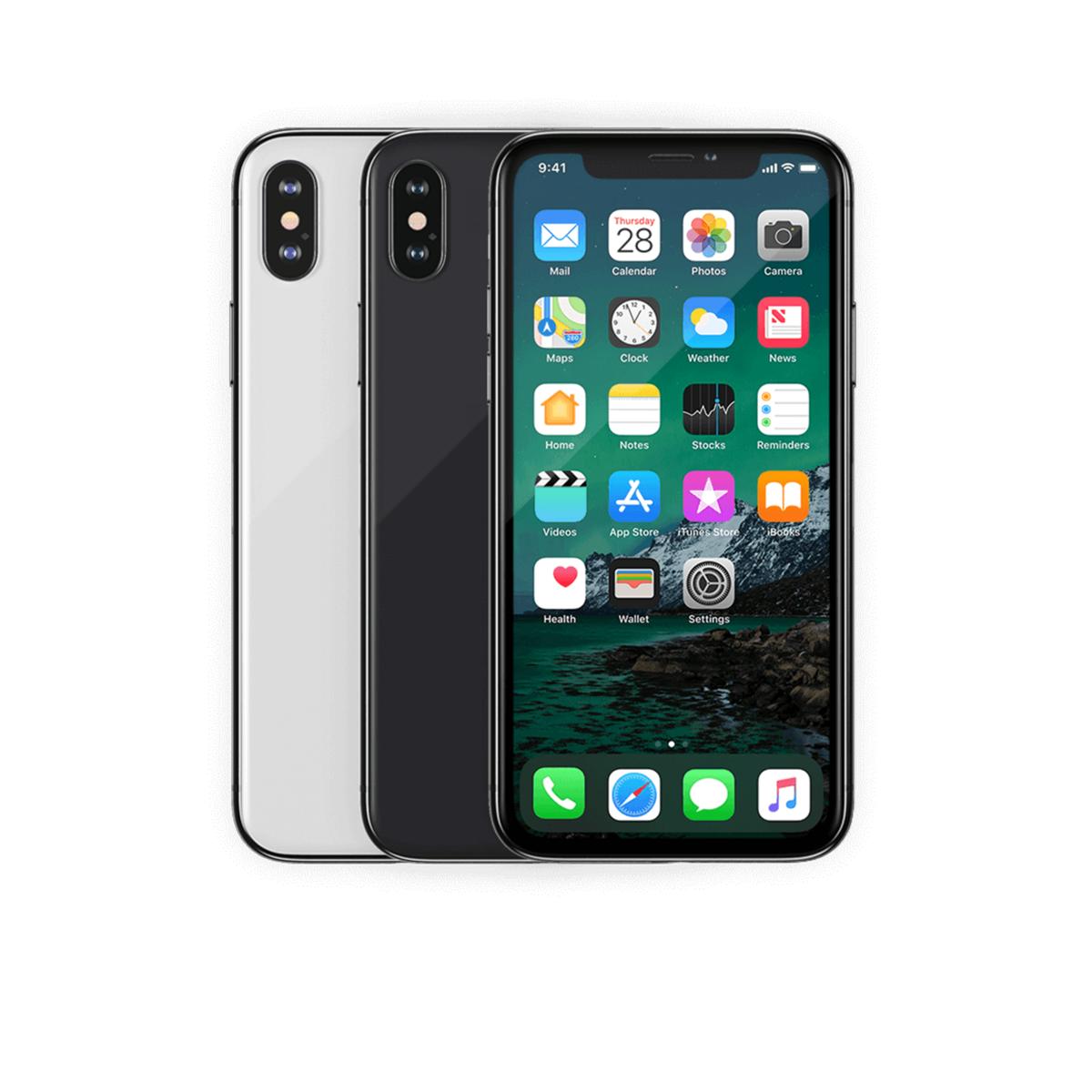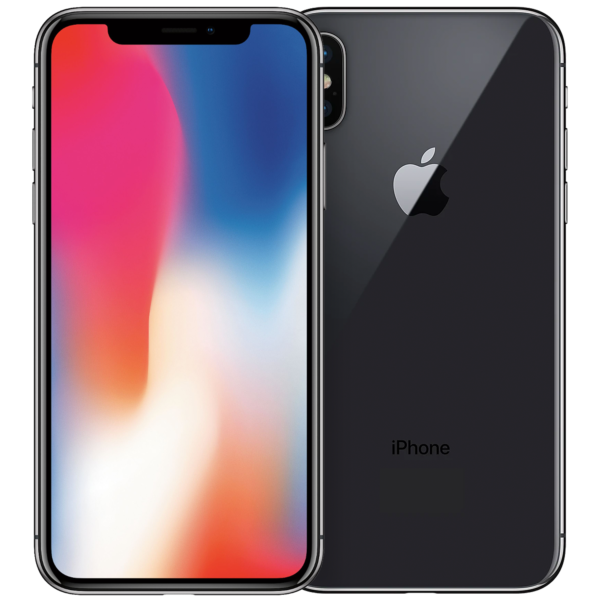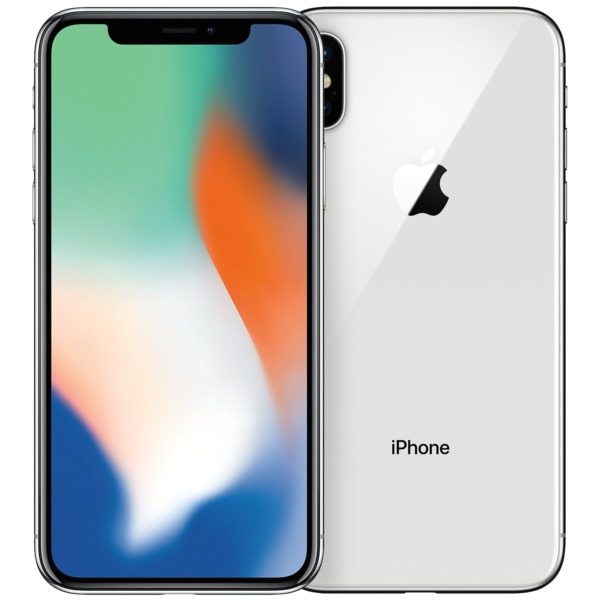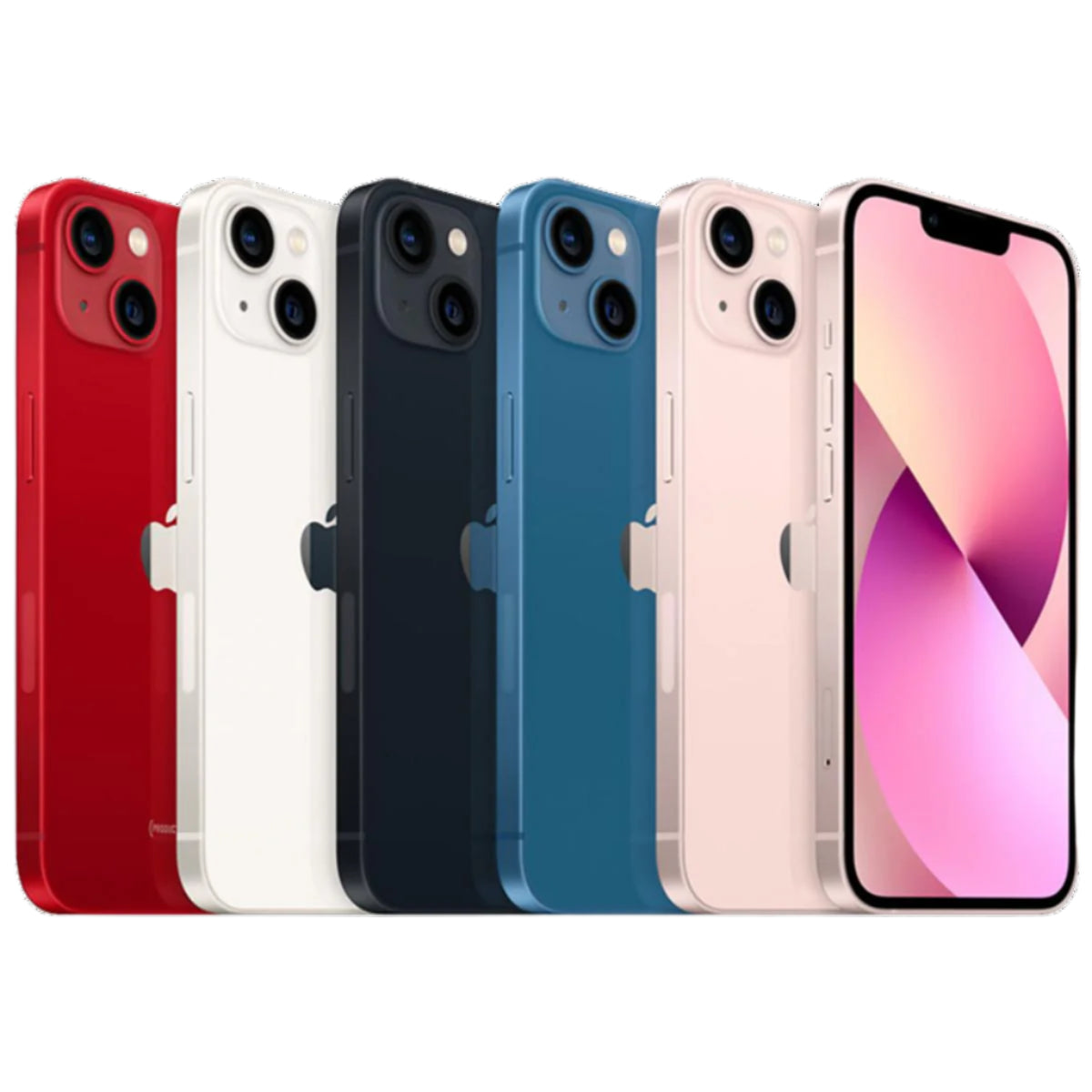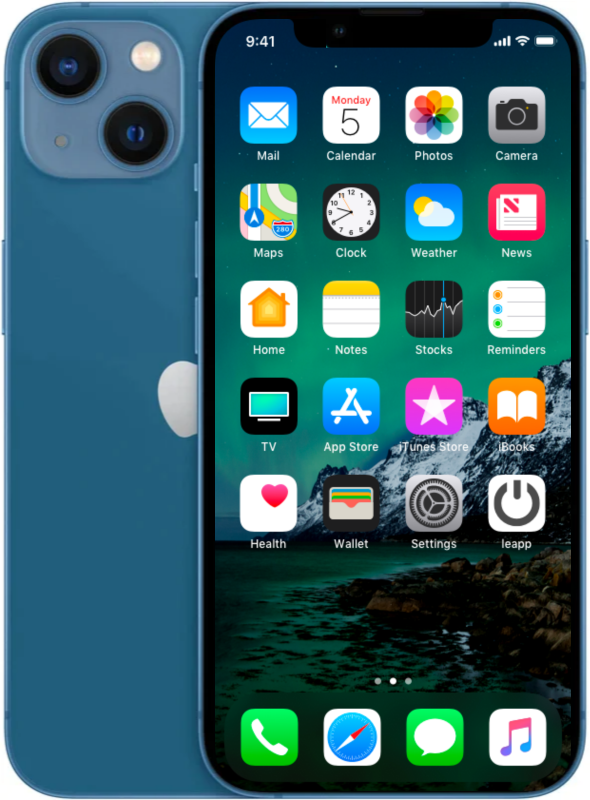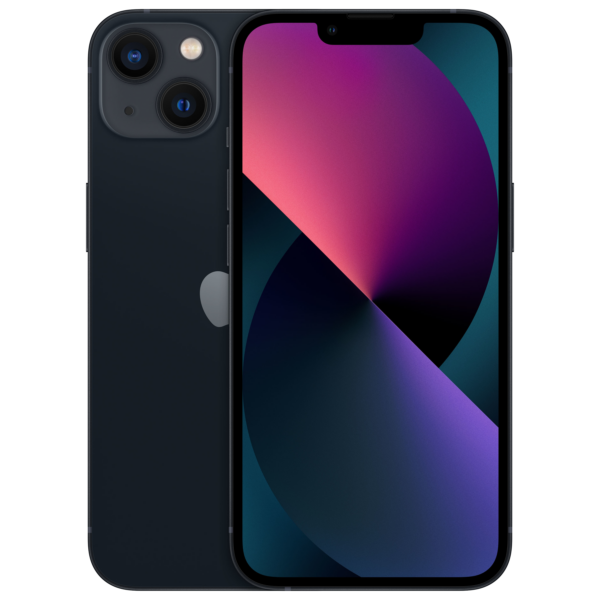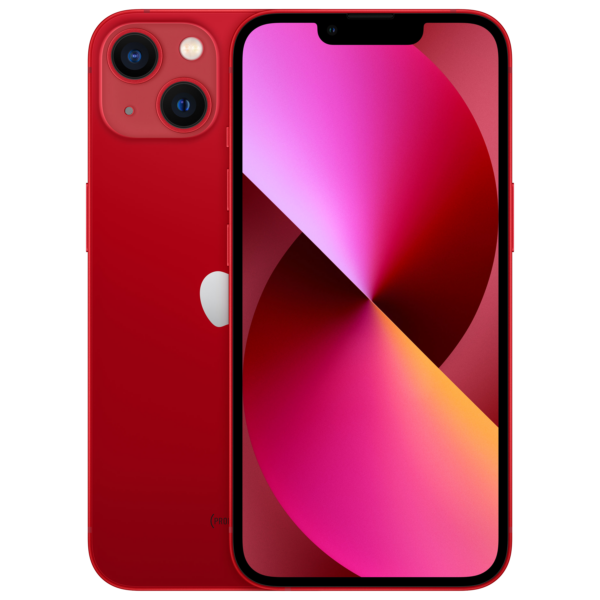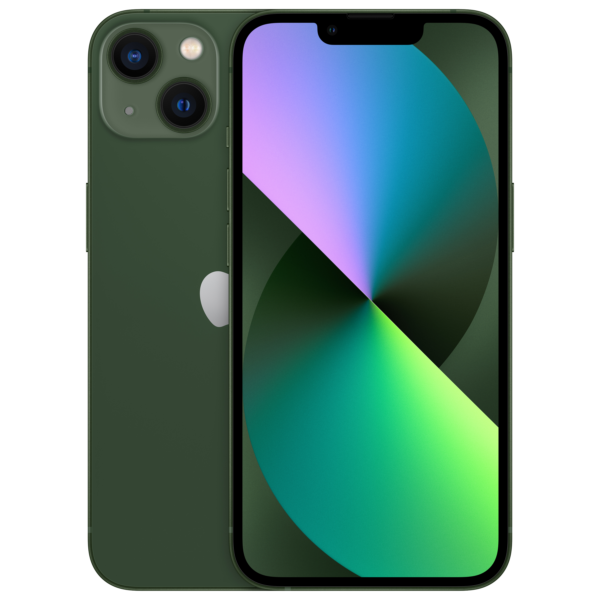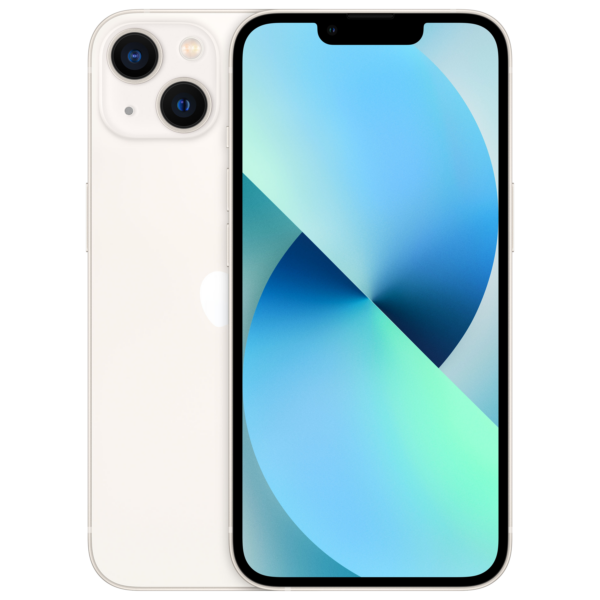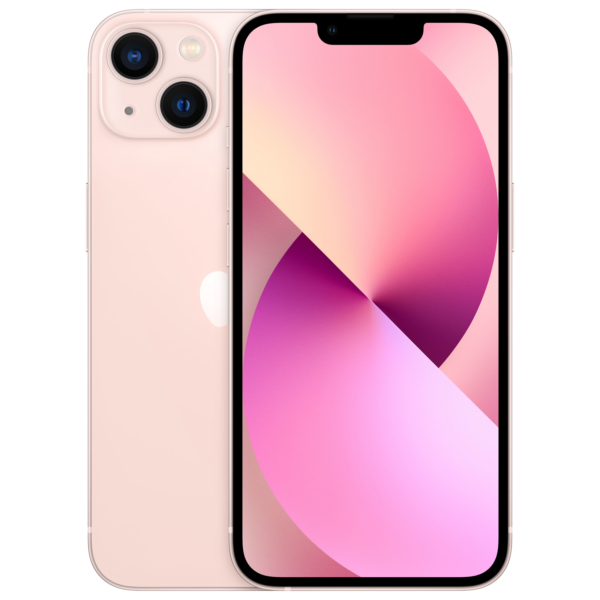Renting an iPhone: simple in theory, complex in practice
Renting an iPhone sounds simple. No exorbitant purchase price, no long-term contract. You only pay for what you need. But in practice, it's more complicated. Rental companies promise the world, but deliver phones with scratches, faulty batteries, or hidden defects. The fine print? You only read it when it's too late.
Yet the problem isn't the renting itself. The problem is that we're asking the wrong questions . We focus on the monthly price, not on what happens if the screen cracks. We compare models, but forget to check whether accessories and AirPods are even included. The real question isn't whether you should rent, but how to avoid being stuck with a brick. Because finding a reliable rental company? That's where the game begins.
Useful links:
The pitfalls of iPhone rental
Renting an iPhone seems like the perfect solution. No hefty upfront costs, flexible terms, and always having the latest model at your fingertips. But the reality is less rosy. Rental companies who promise their devices are "like new" deliver phones with micro-ships in the screen. Batteries that die after two hours. Buttons that malfunction. And we haven't even mentioned the fine print.
Most people only consider the monthly price. Understandable, but shortsighted. What happens if the screen breaks? Who pays for the repair? And what if you want to trade in the device a week later because you don't like it? People rarely ask these questions beforehand. They only discover the answers when it's too late.
What makes a landlord reliable?
A reliable landlord distinguishes itself on three points: transparency, quality, and service. Let's start with transparency. A reputable company doesn't hide costs in the fine print. They tell you upfront what the monthly price is, the deposit you'll pay, and what happens in case of damage. No surprises later.
Quality control is essential
The condition of your device determines your user experience. A reliable rental company thoroughly tests every device before renting it out. Battery health? At least 85%. Screen? Scratch-free. Buttons? Smooth operation. Cameras? Clear and smudge-free. These checks take time and money, but they make the difference between a satisfied customer and a disappointed renter.
Always ask for the testing protocol. Reputable landlords are happy to share this information. They'll explain how they inspect appliances, what parts they replace, and what warranties they offer. No answer? Then you know enough.
Asking the right questions
Before signing a lease, ask yourself these questions:
- What is the total monthly price? This includes insurance, administration fees, and VAT.
- What accessories do I get with it? Charger, case, screen protector?
- How old is the device? A three-year-old iPhone performs differently than a six-month-old one.
- What happens in case of damage? How much deductible do you pay?
- Can I cancel my subscription before the end of the term? And how much does that cost?
- How quickly will I receive a replacement device if it is defective?
Pay attention to the fine print
Rental agreements often contain clauses you might overlook. Automatic renewals, for example. Or late payment penalties. Some landlords even charge fees for "normal wear and tear." Take the time to read the contract. Ask for clarification if anything is unclear. A reputable party will be happy to explain what's in it.
Compare prices: more than just the monthly amount
Renting an iPhone 14 costs an average of between €40 and €80 per month. So, there's a big difference. But the cheapest option is rarely the best. Consider what you get. A fully insured device with quick replacement in case of defects? Or a bare-bones device with no warranties?
Calculate the total cost for the entire rental period. Add any deposits, administration fees, and insurance premiums. Compare this to the purchase price of a refurbished model. Sometimes buying is more cost-effective than renting, especially for longer periods of use.
Considering alternatives
Renting isn't always the best option. For long-term use, a refurbished iPhone might be more interesting. These devices have been thoroughly inspected, have new parts where necessary, and come with a warranty. The purchase price is lower than new, but you still own it. No monthly fees, no hassle with contracts.
For short-term use, such as during a project or vacation, renting is ideal. You only pay for the time you need the device. No residual value to lose, no selling afterward.
Service makes the difference
The best rental companies offer more than just a phone. They'll help with setup, offer tips for optimal use, and are available if problems arise. Look for companies with Dutch customer service. They'll understand your situation better than a call center abroad.
Also check their accessibility. Can you only email them? Or is phone contact also possible? How quickly do they respond? Test this beforehand by asking a question. The response time and quality of the answer say a lot about the service you can expect.
Recognizing red flags
Some signs point to unreliable landlords:
- No physical address or only a PO Box
- Unclear prices or hidden costs
- No reviews or only negative experiences
- Press to sign instantly
- No option to preview the device
- Vague answers to concrete questions
Trust your gut. Unsure? Walk away. There are plenty of alternatives.
Conclusion: make a well-considered choice
Renting an iPhone can be a smart choice. But only if you find the right rental company. Take your time to research. Compare not only prices, but also terms and conditions and service. Ask critical questions and read the contract thoroughly. A reliable rental company makes it easy for you. They're transparent about costs, clear about terms and conditions, and available for questions. Find one? Then you can enjoy your rented iPhone worry-free.
Making the right choice when renting an iPhone
Renting an iPhone doesn't have to be a gamble. With the right questions and a critical eye, you'll find a rental company that suits your needs. Don't just compare prices; consider the complete package : service, terms, and quality of the devices. For short-term use, renting is often the best option. For long-term use, a refurbished iPhone with a warranty can be more cost-effective.
Take your time with your decision. A well-considered choice prevents disappointment and unexpected costs. This way, you can enjoy the technology you need without any hassle.


